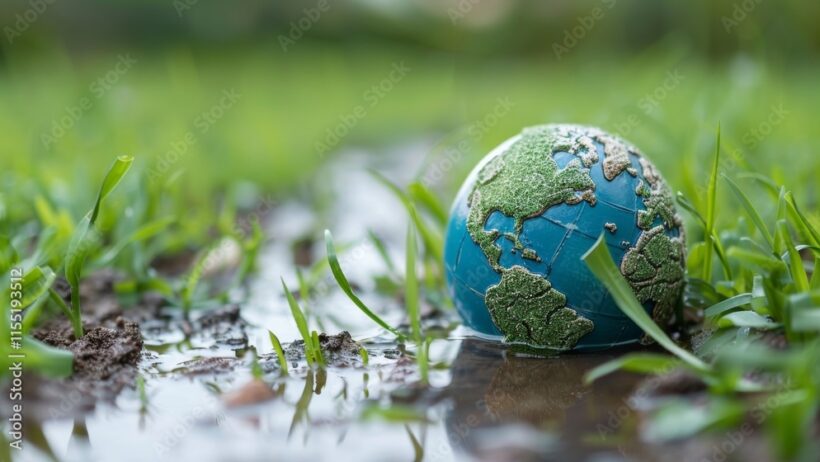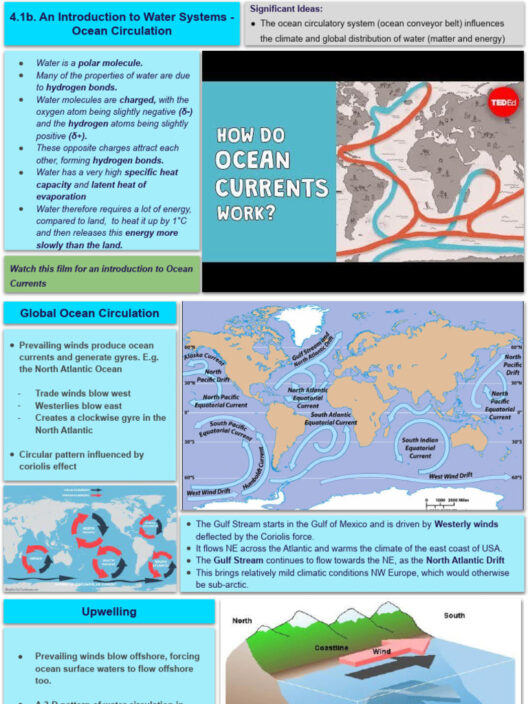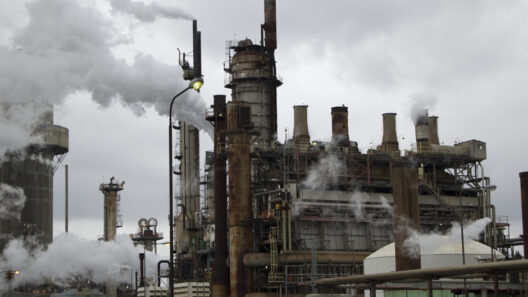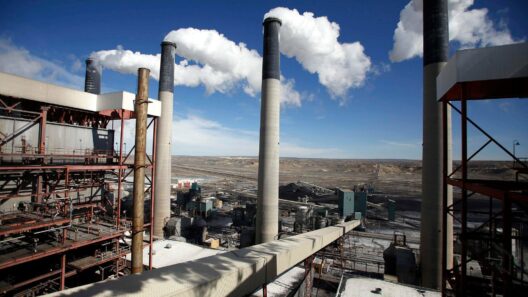Global warming stands as an unequivocal testament to mankind’s profound impact on the planet. This phenomenon, characterized by the alarming increase in Earth’s average surface temperature, is predominantly driven by an escalation in greenhouse gas emissions. Understanding global warming requires a nuanced inquiry into its myriad causes, manifestations, and consequences, as well as an exploration of the adaptive strategies that humanity can employ.
At its core, global warming is fundamentally linked to anthropogenic activities. The combustion of fossil fuels for energy production, deforestation for agricultural expansion, and industrial processes release copious amounts of carbon dioxide, methane, and other greenhouse gases into the atmosphere. This influx of emissions creates a thermal blanket around the Earth, trapping heat and leading to a cascade of environmental ramifications. To grasp the gravity of this predicament, one must first recognize the historical context surrounding climate change.
Once a fringe concern, global warming has transitioned into a focal point of global discourse. The industrial revolution marked the dawn of extensive carbon emissions, and the subsequent centuries have seen an exponential uptick in greenhouse gases. By leveraging historical data alongside contemporary observations, scientists assert that the Earth is markedly warmer now than it has been for millennia. A provocative question arises: How does this unprecedented change manifest in our natural world?
The manifestations of global warming are both subtle and overt. One of the most insidious impacts is the alteration of weather patterns. Regions previously characterized by temperate climates experience extreme weather events with increasing regularity. Intense droughts, unrelenting heatwaves, and unpredictable rainfall disrupt agricultural productivity, jeopardizing food security. Consequently, the specter of famine looms, particularly in regions already vulnerable due to socio-economic factors.
Furthermore, global warming precipitates the accelerated melting of polar ice caps and glaciers. The consequences are twofold: rising sea levels and the potential for habitat loss. Coastal cities, home to millions, face the impending threat of inundation, necessitating preemptive measures and substantial investment in infrastructure. The somber reality of climate refugees emerges as communities are forcibly displaced from their ancestral lands as they succumb to the relentless encroachment of the sea.
Perhaps one of the most disconcerting consequences is the impact on biodiversity. Ecosystems, intricately woven together, are disrupted as species struggle to adapt to rapidly changing environments. Coral reefs, termed the “rainforests of the sea,” exemplify this fragility. They are dying due to ocean warming and acidification, signaling a pervasive decline in marine biodiversity. The ripple effect is vast, as the loss of a single species can disrupt entire food webs, illustrating the interconnectedness of life on Earth.
As the environment articulates its distress, it becomes imperative to pivot our perspectives. Far from being an abstract concern relegated to scientific journals, climate change demands immediacy and action. It beckons a reassessment of our lifestyles, consumption patterns, and societal structures. To comprehend the urgency of this crisis requires an acute awareness of its multifaceted impacts on health, economics, and global governance.
The health implications of global warming are profound. Increased temperatures can exacerbate respiratory issues such as asthma and heighten the vulnerability to vector-borne diseases like malaria and dengue fever. Populations, particularly in developing countries, face a double jeopardy as they often lack adequate healthcare infrastructure to combat these emerging threats. With the intersection of climate and health becoming increasingly evident, public health initiatives must adapt to address these looming challenges.
Economically, the ramifications are far-reaching. The agricultural sector, a cornerstone of global economies, is acutely affected. Crop yields fluctuate under duress from erratic weather, leading to market volatility. Insurance costs for farmers rise as the risk of natural disasters escalates. Conversely, climate change boasts a paradoxical potential for job creation in sectors focused on renewable energy, sustainable agriculture, and green technology. Transitioning to a low-carbon economy offers a promising avenue, provided that investment is made in innovation and training.
The intricate relationship between climate change and governance cannot be overlooked. Environmental policies forged at international summits underscore the global nature of this crisis. Agreements like the Paris Accord, which seeks to mitigate global warming through cooperative efforts, embody the collaborative spirit necessary to combat this existential threat. Every country bears a responsibility to adhere to stringent emission targets. Yet, criticisms surrounding enforcement and accountability underscore the complexities of international climate diplomacy.
Engaging the public’s consciousness is paramount. Educational initiatives that disseminate knowledge on climate change cultivate a generation equipped to tackle this crisis. Individuals who understand their role in this global narrative are more likely to participate in advocacy, driving policy changes and community action. Moreover, grassroots movements have surged, with activists mobilizing to amplify awareness and demand systemic change.
In summation, the environment unequivocally speaks. It implores humanity to acknowledge the profound implications of global warming, coloring the future of our planet in ominous hues. Understanding this phenomenon—its causes, consequences, and the necessity for collective action—is not merely an academic exercise; it is a moral imperative. Every action taken today reverberates into the future, shaping the world for generations yet to come. Embracing a mindset of sustainability, resilience, and responsibility is essential as we strive to harmonize our existence with the planet we inhabit. The time for action is now; the environment’s call to arms has never been clearer.








